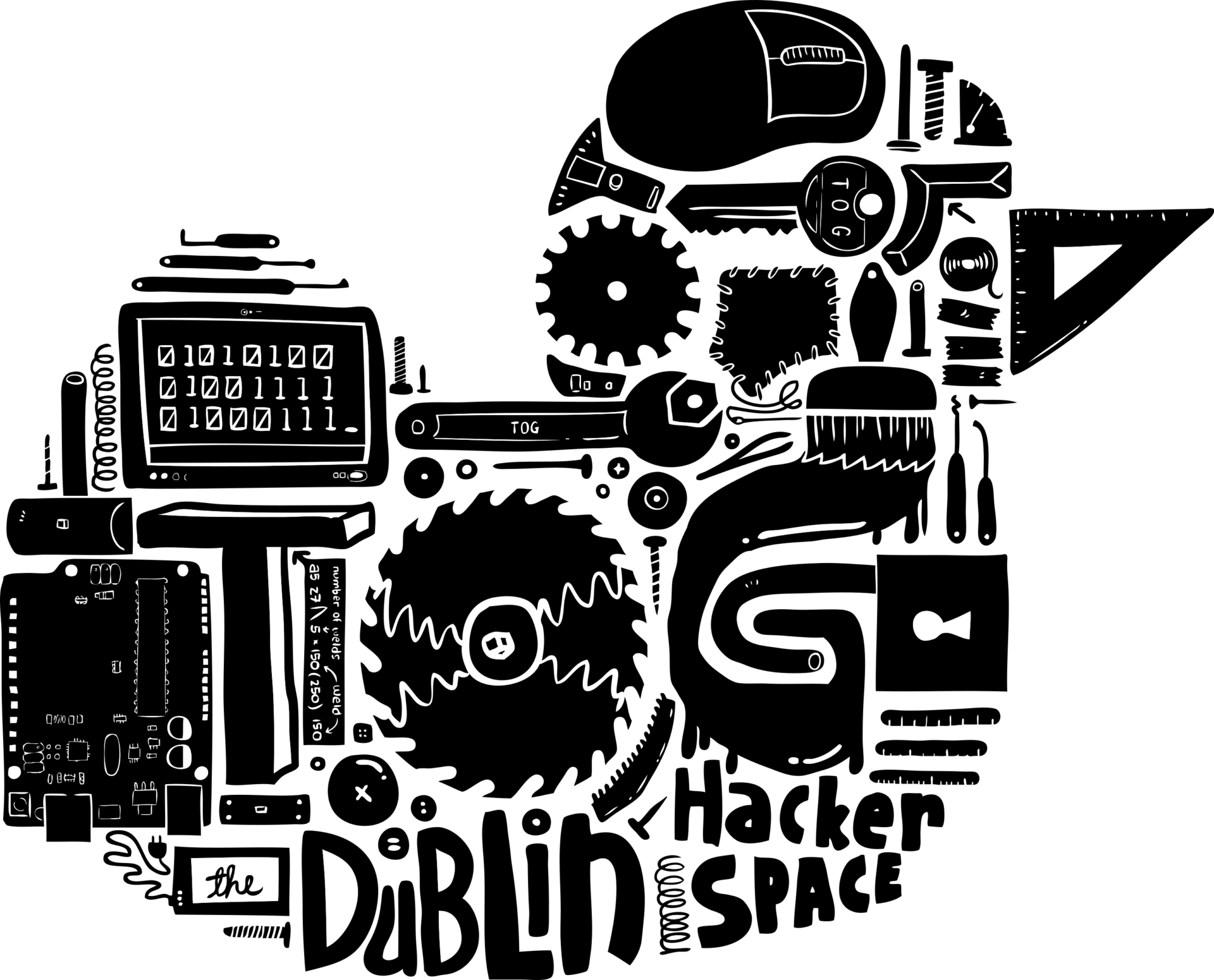We’re heading to DCU Green Week as part of the Climate Action Fair — and we’re bringing a mini TOG Repair Café setup with us. Come say hello, meet loads of other brilliant groups on the day, and if you’ve something small that’s broken, bring it along and we’ll do our best to help you get it working again.
Repair Café details
- When: Wednesday 4 March 2026, 11:00–14:00
- Where: Ground Floor, U Building (GLA), bottom of the steps
- What to bring: “broken tech and trinkets” (small, carry-in items work best)
- Cost: Free to drop by (it’s part of the fair)
What is a Repair Café?
It’s a friendly, drop-in repair meetup: you bring the item, we bring the tools and volunteer know-how, and we’ll troubleshoot it together. Even when something can’t be fixed on the spot, you’ll usually leave with a better idea of what’s going on (and what to try next).
More info
DCU have the full Green Week / Climate Action Fair listing here:
https://www.dcu.ie/sustainability/campaigns









